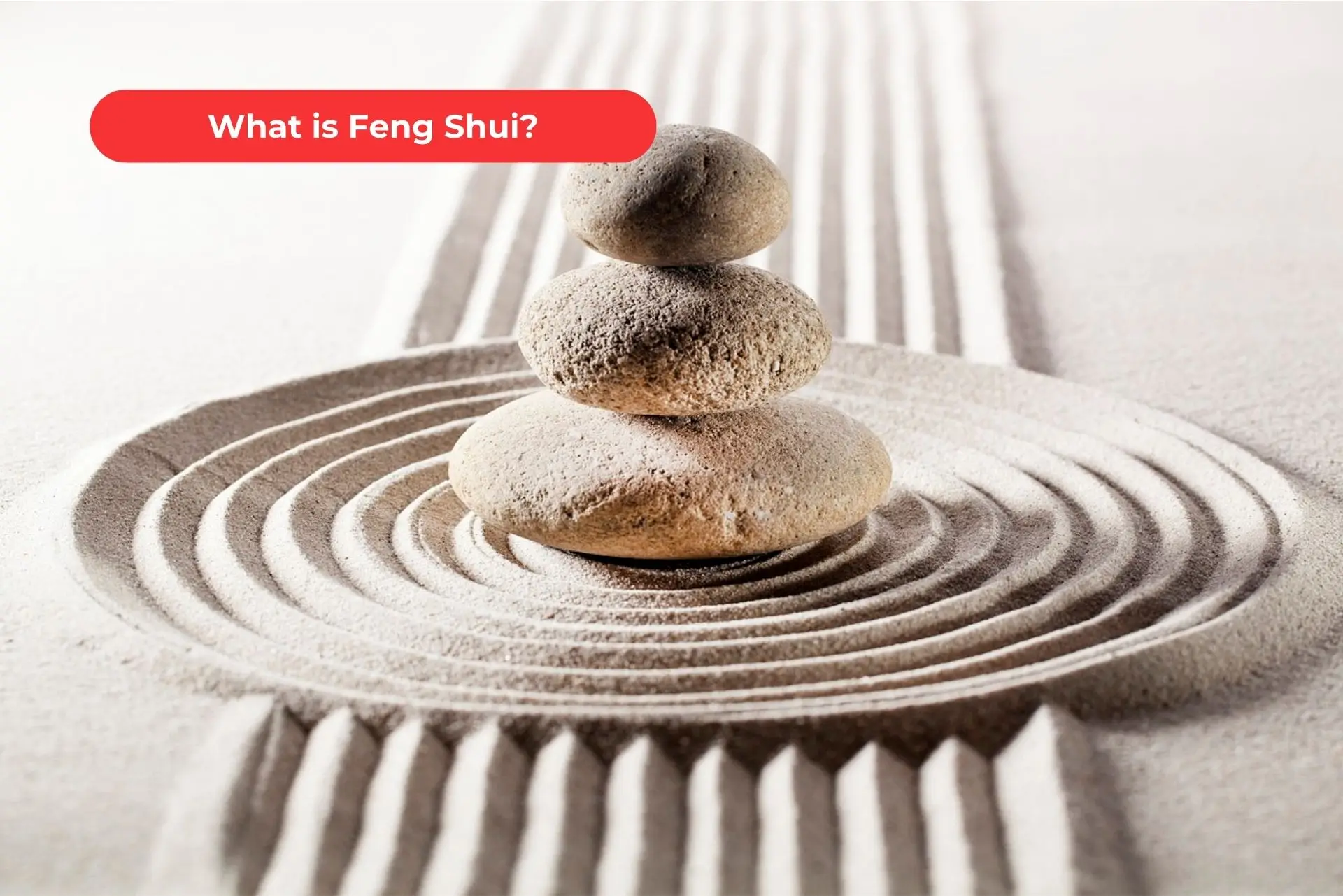Feng Shui, an ancient Chinese practice, translates to “wind” (feng) and “water” (shui). These elements symbolize the dynamic interplay of the environment and its influence on human health and well-being. Rooted in thousands of years of tradition, Feng Shui is much more than just arranging furniture; it is a comprehensive system of harmonizing individuals with their surrounding environment to promote balance, tranquility, and prosperity.
At its core, Feng Shui is based on the belief that the arrangement of space, objects, and energy both within and outside of a home can significantly influence the physical and mental health of its inhabitants. The practice emphasizes the understanding of energies, or “qi” (pronounced “chi”), which are the life forces flowing through everything in the universe. Good Feng Shui allows for a smooth flow of qi, while poor Feng Shui can create blockages or disruptions, leading to chaos, stress, and even misfortune.
The historical roots of Feng Shui can be traced back to around 3000 BC in China. Initially, it was applied in the burial practices of ancestors to ensure their spirits would have favorable energy in the afterlife. Over time, its principles evolved into a method for planning cities and buildings, and later, for designing homes and gardens. Key philosophical elements underpinning Feng Shui include the concepts of Yin and Yang—representing the dual nature of energy—and the Five Elements theory, which incorporates Wood, Fire, Earth, Metal, and Water, reflecting the interconnectedness of nature.
Feng Shui can be viewed through various lenses, including classical Feng Shui, which relies on compass readings and time period calculations, and intuitive Feng Shui, where practitioners use their instincts and feelings about space. Additionally, the Bagua map, a tool that outlines different life areas such as wealth, health, and relationships, aids in the application of Feng Shui principles to specific spaces.
In modern society, Feng Shui has gained popularity beyond Asian cultures, embraced as a holistic approach to create spaces that nurture well-being. From homes and offices to gardens and public spaces, practitioners seek not only to optimize the beauty of an environment but also to enhance the positive energies surrounding individuals. Through Feng Shui, people aim to create harmonious surroundings that foster peace, productivity, and happiness, making it a timeless discipline with contemporary relevance.

